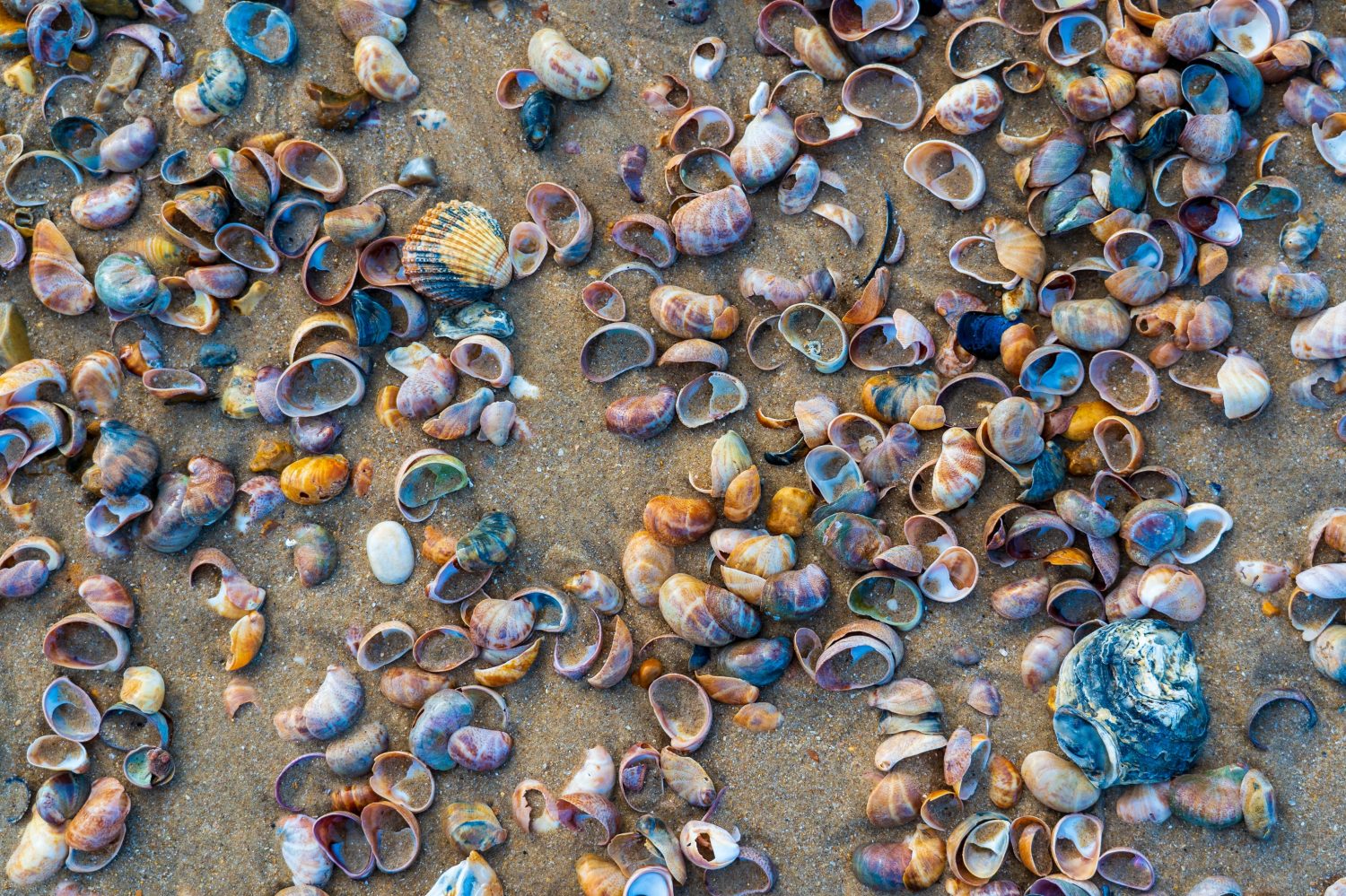
Uncrewed aerial vehicles (UAV) perform a great many tasks in countless places, with those capacities and venues expanding all the time. This week a drone was successfully flown in the UK on a less frequent mission than one usually hears about: policing areas exposed during low tides for illegal shellfish pickers.
Drone over Bournemouth scans tidal flats for illegal shellfish gathering
In a pair of Twitter posts on Monday and Wednesday, the UK’s Southern Inshore Fisheries and Conservation Authority (IFCA) said it had joined other agencies in flying drone missions over exposed beaches near Bournemouth “to target illegal hand-gathering activity” of shellfish. The Southern IFA said the UAV “was used to monitor activity & direct resources,” with video feeds leading to “30+ persons engaged with & a number reported for” violating shellfish collection rules. One obviously needs to mind their Ps and cockle shells when scouring sand for grub in southern England.
Though this week’s drone-led sleuthing for illegal shellfish picking resulted in several people being “spoken to” (as the local Bournemouth Echo daily rather ominously put it), the surveillance sought to battle truly serious potential offenses.
Among the agencies involved was the Gangmasters and Labour Abuse Authority, which tracks and arrests criminal rings using people – primarily illegal immigrants they’ve helped smuggle into the UK – as indentured servants. Sending groups of de facto slaves onto flats exposed at low tides to illegally pick shellfish has become a lucrative and at times deadly business.
In 2004, at least 19 Chinese immigrants were killed in northwest England when swiftly rising waters trapped their group, which had been collecting shellfish for suspected gang overlords. Organized criminal groups are still believed to exploit illegal immigrants for tasks like cockle picking – amassing hauls that can fetch big profits in black market fish trade.
Happily, it doesn’t appear this week’s drone flights over Bournemouth uncovered that kind of sinister activity, though some criminal intent was detected by investigating authorities.
According to reports, a total of six warnings were delivered to people for breaking codes applicable to the collection of crustaceans – including some people who’d failed to measure their evening meal had attained regulation size. (The idea!)
One particularly large haul of mollusks was deemed by police as too fishy to be for private consumption – a presumed catch for commercial resale that was confiscated and returned to its tidal flats of origin.
“It’s also important to add that officers engaged with several recreational gatherers, including family groups that were complying with the rules and regulations,” a Southern IFCA spokesperson was quoted telling the Echo as a reminder that most offenses discovered are innocent – yet avoidable. “It’s really simple – if you want to hand-gather, follow the rules and regulations.”
FTC: We use income earning auto affiliate links. More.




Comments